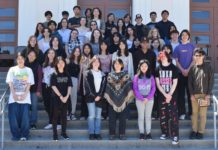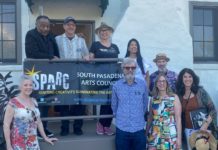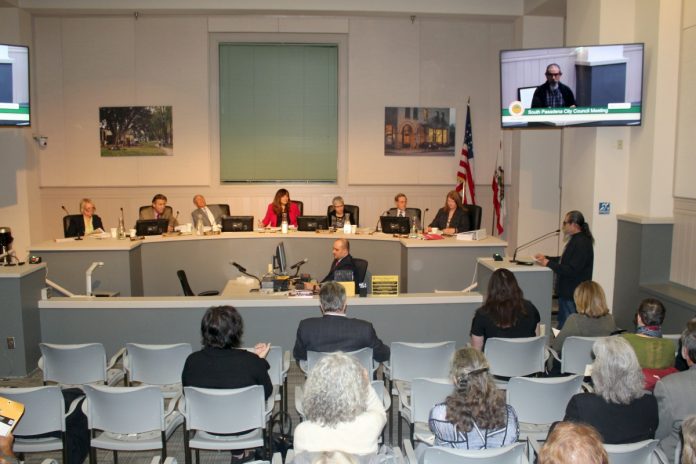
South Pasadena City Council members formally gave the go-ahead Wednesday for staff to begin work to place a sales tax proposal on the city’s November ballot. The direction came after presentations on the city’s proposed $28.6 million budget, economic viability strategies and a draft of long-term financial sustainability strategies.
The city is facing increases in employee compensation, uncertain state pension obligations, a growing list of deferred infrastructure costs and technology improvements. Absent any changes, the city is facing annual deficits ranging between $500,000 and $2 million over the next five years depending on labor negations.
In addition, the city heard the results of an informal survey taken in connection with recent community budget meetings, as well city manager Stephanie DeWolfe’s case not only for a tax, but a sales tax in particular.
DeWolfe said budget cuts are not an option, because “they are non-sustainable.” If expenses go up 2 percent annually, she said, the city would have to cut expenses 2 percent annually, which would create a “cumulative impact” that over 10 years would represent “a pretty deep cut” into city services and personnel.
Currently, there is no city sales tax, though citizens are subject to state and county sales taxes which currently total 9.5 percent and support 8 percent of the city budget. The 7.5 percent utility user tax (UUT) is separate, as is the property tax, which supplies 54 percent of the city’s budget.
But the UUT expires in 2024 and even if it were extended, it would provide a diminishing flow of revenue as people are using the water, cable TV, phone line and other commodities it applies to less and less, DeWolfe said. And property taxes only change when parcels are sold and reassessed. South Pasadena “does not have a high rate of turnover,” so city revenue increases from property tax only average about 5 percent, she said, not enough to keep up with expenses.
Staff will present a plan for a 0.75 percent sales tax that will collect an estimated $1.5 million annually. The proposal will also go before the city’s Finance Commission before getting to the ballot.
In providing its direction, the Council pointed to other cities in the San Gabriel Valley and elsewhere in California that have already taken the sales tax route such as Pasadena, Burbank, La Puente and Pomona, which faced red ink until voters approved a sales tax last year. Arcadia, Monrovia and Claremont, meanwhile, have placed sales tax measures on their ballots for this year.
Mayor Marina Khubesrian said the idea to focus on a sales tax is a “no-brainer.” She also agreed with staff’s recommendation not to pursue options such as parking meters, cannabis sales or short term rentals like AirB&B, mainly “because the return is not going to be worth the investment right now.”
In that survey, 58 percent of respondents opposed parking meters; 55 percent opposed a cannabis store; and 52 percent opposed a public safety parcel tax. Strong majorities supported productive use of city parking lots (88%); enhancing Arroyo recreation (87%); a small hotel (73%); short term rentals (71 %) and a sales tax increase (65%).
Councilwoman Diana Mahmud said the survey might be a bit “misleading” because respondents may have thought the parcel tax would have been a new tax, rather than as replacement for the UUT.
City spokesman John Pope said the informal survey, carried out in-house, consisted of 375 responses, about a 100 of which were filled out by citizens participating in budget meetings and the rest from online respondents who were self-selected.
DeWolfe acknowledged the informal survey was “not scientific” and that any policy decisions informed by it would require a new professional poll. Nonetheless, she cited the survey results as the reason to forego the cannabis and parking meter options.
The city also paid $24,500 for a more formal outside study conducted by phone among 750 residents who were asked generally about taxes, but the city has not released those results.
Other strategies that may still be considered are redevelopment of city property; development of a “boutique” hotel, probably on Mission Street though other sites, including city hall, are possible; converting from PERS to a revocable trust to manage pension funds in hopes of getting a better return; and renewal of the UUT.




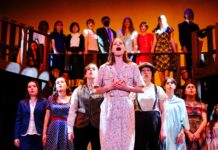

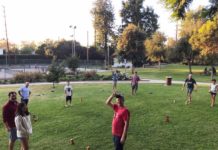
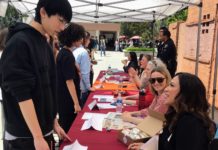

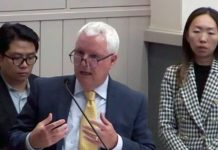
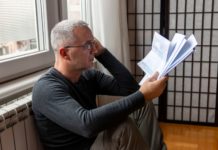




.png)






